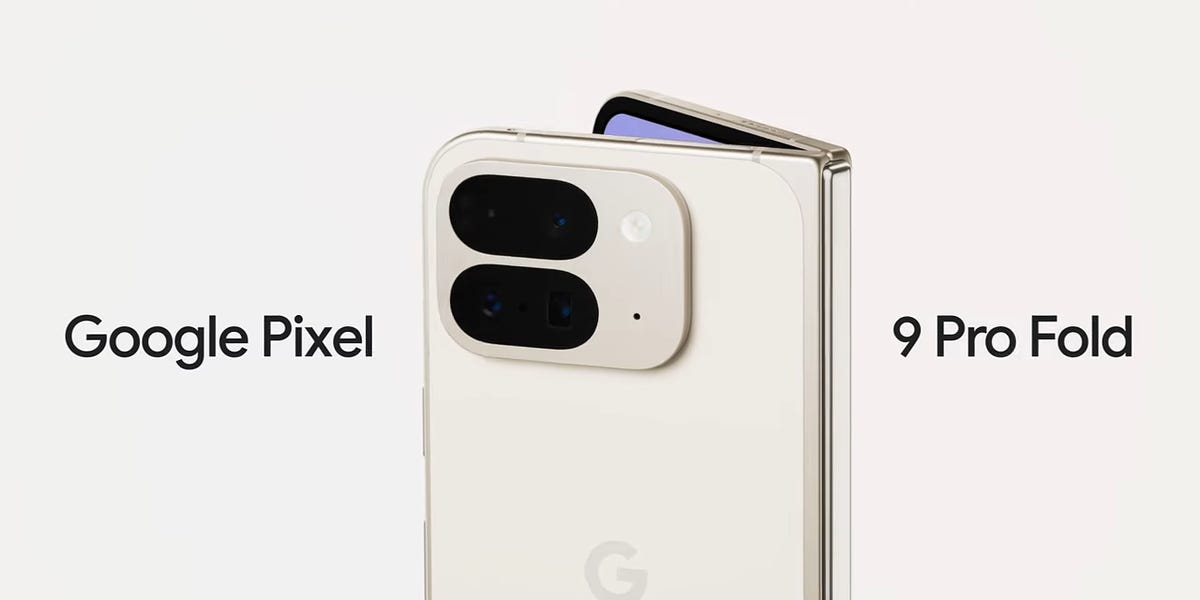Get the latest tech news
'Google says I'm a dead physicist': is the biggest search engine broken?
For decades now, anyone who’s wanted to know everything about anything has asked Google. But is the platform losing its edge – and can we still trust it to tell us the truth?
On the spammier fringes is what’s known as “black hat” SEO, bad actors who use techniques with fabulously evil names such as “domain squatting”, “reputation abuse”, “obituary spam”, “keyword swarming” or “parasite hosting” to bring their content to the top of Google’s search results and turn a quick buck. A number of other startups scrape fractions of 1%, many with their own spin on the search engine formula: Perplexity offers written-through answers to questions, Kagi operates a paid subscription model with no ads, DuckDuckGo focuses on protecting data privacy. If the web is a worse place today, if it’s over-commercialised and full of low-quality content, if journalism platforms struggle to make money from good writing and are reduced to clickbait and affiliate links, that’s partly Google’s fault.
Or read this on r/technology


